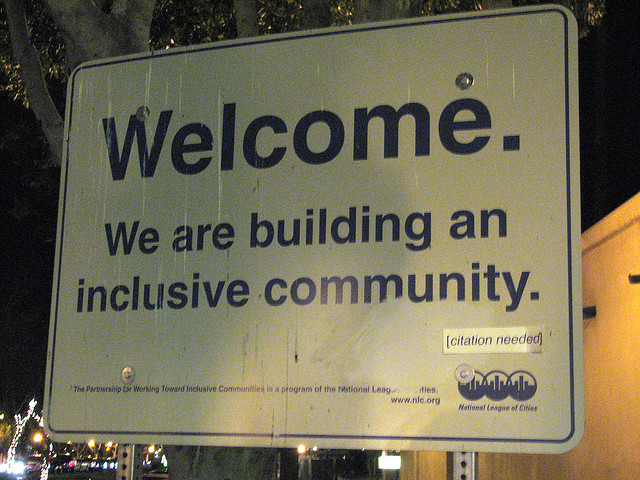-
Advocacy Theme
-
Tags
- Abortion
- Adoption
- Caregiving
- CEDAW
- Disability
- Domestic Violence
- Domestic Workers
- Harassment
- Healthcare
- Housing
- International/Regional Work
- Maintenance
- Media
- Migrant Spouses
- Migrant Workers
- Muslim Law
- National budget
- Parental Leave
- Parenthood
- Polygamy
- Population
- Race and religion
- Sexual Violence
- Sexuality Education
- Single Parents
- Social Support
- Sterilisation
- Women's Charter
Time for anti-discrimination law
February 3rd, 2015 | Employment and Labour Rights, Letters and op-eds, News, Views
 It may be timely to consider enacting a comprehensive anti-discrimination law to guide employers’ conduct in hiring, promotion and other employment matters.
It may be timely to consider enacting a comprehensive anti-discrimination law to guide employers’ conduct in hiring, promotion and other employment matters.
In Singapore, there is widespread agreement on the principle that opportunities for work and advancement should be equally available to all, regardless of race, religion, age, gender, sexual orientation, marital status, disability or other aspects of identity or background.
Yet practice does not always live up to this aspiration. The recent incident involving a yoghurt chain, which is said to have turned a candidate away on the irrelevant basis of language, is not an isolated case. It is common to see recruitment notices specifying unnecessary language requirements or even an outright preference for particular demographic groups.
The Association of Women for Action and Research (AWARE) regularly receives calls on our helpline regarding workplace gender discrimination. Many involve discrimination against pregnant women. The Employment Act offers some protection, but its coverage is limited. For instance, women have no recourse if, despite satisfactory performance, they receive notice of termination immediately after their maternity leave.
Other evidence corroborates our experience. In 2013, the then Acting Manpower Minister stated that 70 per cent of its unfair dismissal complaints from women in the preceding five years related to pregnancy.
The Disabled People’s Association have called for legal protection for the rights of disabled people (“Introduce laws to protect rights of disabled people”), emphasising that public education campaigns alone will not achieve inclusion.
While the Tripartite Alliance for Fair Employment Practices (TAFEP) can initiate mediation, employees and job-seekers would have more certainty about their position and remedies, and employers would have more incentive to behave fairly to begin with, if there existed a clear, binding legal obligation not to discriminate.
In a 2010 survey of lesbian, bisexual and transgender women by Sayoni, 85 per cent of respondents reported workplace discrimination due to sexual orientation and gender identity. Sayoni notes that TAFEP does not “explicitly acknowledge and discourage” these forms of discrimination.
Workers should not have to hope for an online post to go viral in order for fairness to be proactively enforced.
The government has taken a more interventionist approach in “naming and shaming” firms believed to have discriminated on the grounds of nationality. Clearly, fairness cannot be left solely to the private market. This recognition should extend to all forms of discrimination and constitute a fundamental legal principle in employment.
An edited version of this letter was published in the Straits Times Forum on 3 February 2015.



